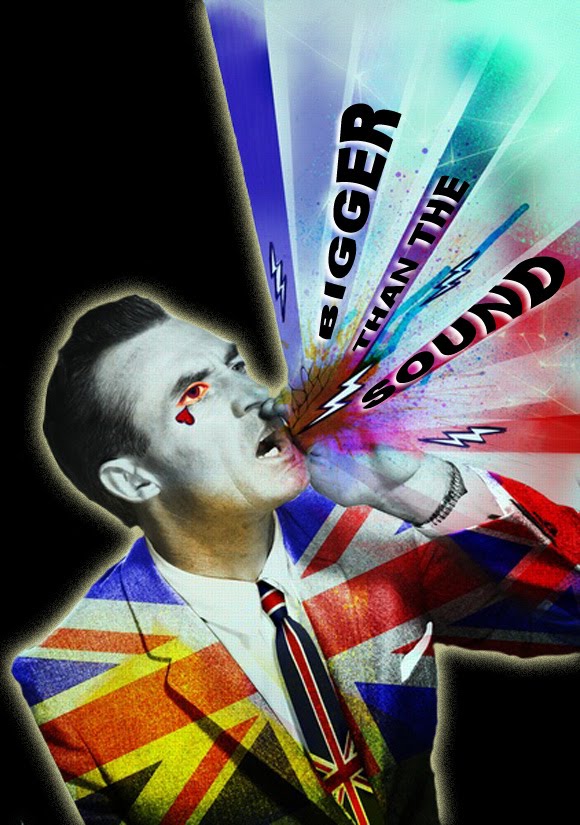I am going to begin by stating
*THIS POST IS A CLASS ASSIGNMENT, AND NOT A PART OF MY PERSONAL RANTS*
If you are interested enough to read on, let me take a minute to fill you in on what exactly it is about. Based on the CBC News World Piece “The End,” the three part documentary is about the changing formats of media, specifically dealing with radio, television and print media.
THE END- OR THE BEGINNING?
The world we live in today is media dependent, and has been this way for quite some time now. What many of us are naïve to however, is the ways in which media is changing. CBC’s documentary THE END focuses on the ways in which print, radio, and television mediums in particular are being challenged and ultimately changing from their traditional forms and styles into new, modern, digital and mechanical resources.
The section of the documentary that focuses on the end of print media, talks about how we are entering an age where paper is becoming a luxury. While every growing online sources are making our traditional paper print sources nostalgic, how far is this going to go? Will print eventually die off completely? Will the Internet be the is and end all?
The death of print has been declared for a century now, and the blame is being put largely on bloggers. The blogosphere has taken over, and we are snubbing paper pages for screens. For example, Wikipedia, the free online dictionary that is collaborately written, is now the largest reference site on the Internet. The notion of citizen journalism vs. mainstream media is key in the transition from paper to online, because where editors are the gatekeepers of information; the web makes it possible to be your own editor. Unlike mainstream media, citizen journalism also provides a larger range of perspectives and ideas that are usually unheard in the narrow-minded mainstream world.
Although newspapers are still in print, the readership among the new generation is becoming obsolete. The New York Times openly admitted web readership outnumbers physical print readership, and that the change in advertising and technologies are presenting challenges to the life of the newspaper. With the rapid growth of technology, will paper live on? Is the authentic feel or materialistic appreciation enough to keep the print media alive? On the other hand, what if the system crashes, then what will we do? After all, books don’t crash.
The end of radio is also upon us. How you may ask?
Radio vs. Podcast.
Music vs. MP3.
Need I say more?
The radio itself has become a home for aired advertisements and repetitive songs. The availability of online downloads have taken over the need for radio song play, and therefore radio as a music technology is over. While Ipods, MP3’s are only one issue when talking of the change in radio, the invasion of satellite radios seems to be an even bigger issue. Who needs local stations anymore when this “new and improved” seems OH so much bigger and better. The variety of songs is incomparable to that of a local station, and in terms of news updates, well that information is available in practically every other part of our technology filled lives. Rest In Peace old-school radio, for you may be missed, but likely forgotten.
In terms of television, a move away from the traditional family time TV set has made it so that you do not have to sit in the house to watch your favorite shows anymore. The portability, and availability of this form of media has spread through mass technologies, cell phones and the Internet being two obvious examples. We no longer need the television set to take part in the television experience. The digital world is all about streaming TV and movies, and it’s still a screen technology, so what’s the difference right? WRONG. There is a difference, the TV of the future is much more dominant than the TV sitting in your living room.
WHY IS THIS HAPPENING YOU ASK?
BECAUSE THIS IS WHAT WE WANT! (or at least we are making it seem so).
WE THE CONSUMERS ARE APPROVING THIS WITH OUR PURCHASES- DECLARING CONVINCE AS THE KEY TO NEW MEDIUMS.
The market is changing, but for the better, or worse? Personally, I am not a fan of these small handheld devices, and I feel like we are all drowning in a sea of technology.
While this may be an end to the traditional forms of media, it is most definitely not an end to media. The new era of media is upon us, and whether we like it or not, we will be exposed to it’s digital, mechanical ways. While this is sad news for the traditionalist and anti-technologist, look on the bright side. A realm of capabilities which were impossible before. Change is inevitable, and media is no exception.
THE FUTURE IS DIGITAL.


i agree
ReplyDelete